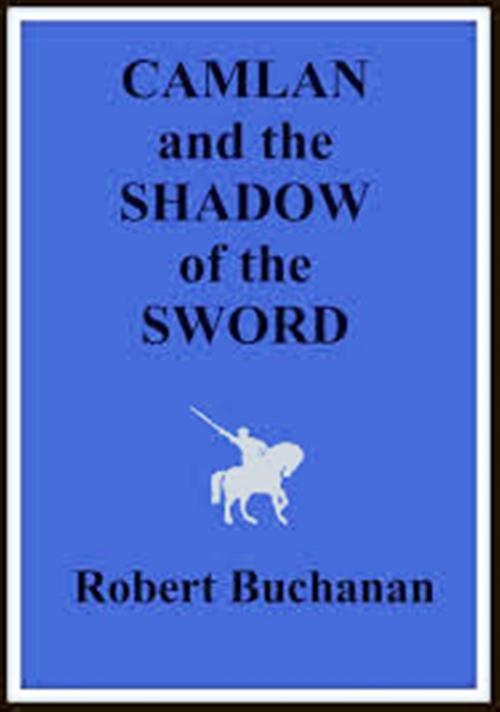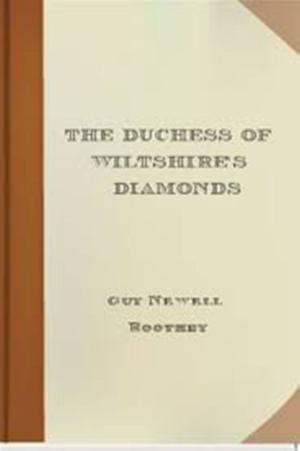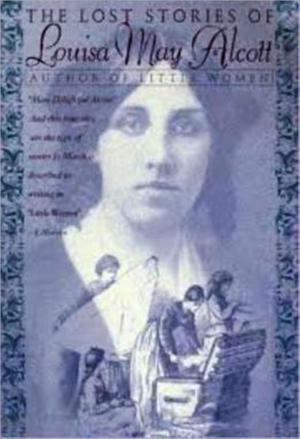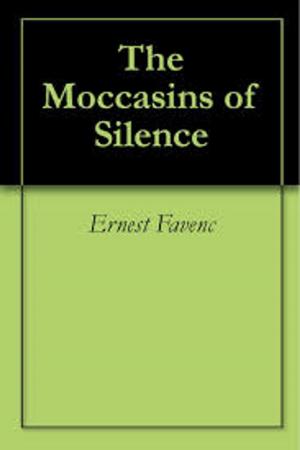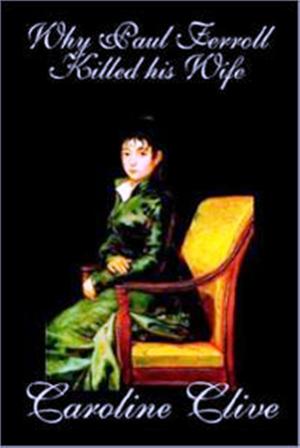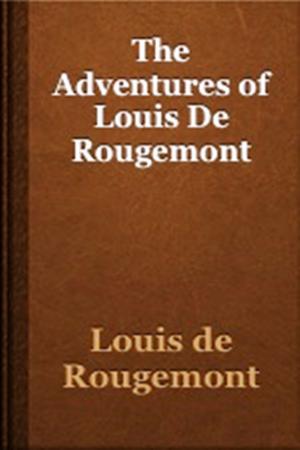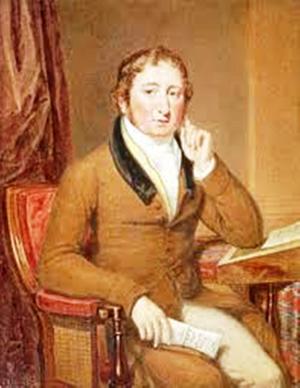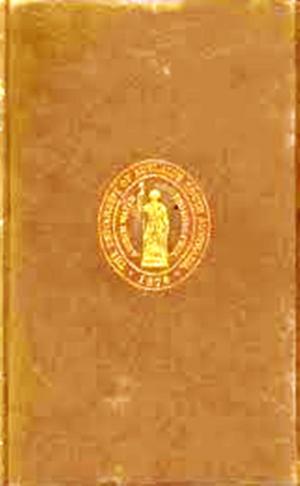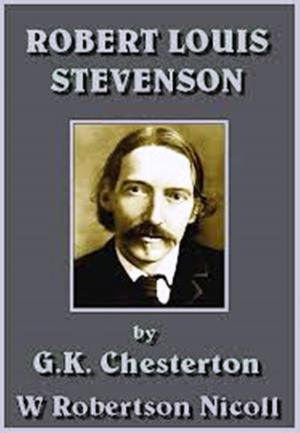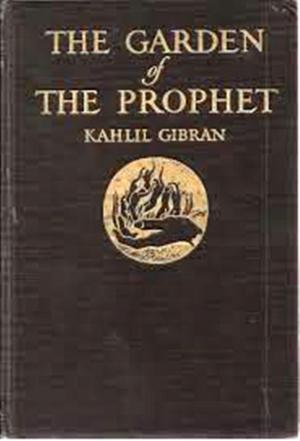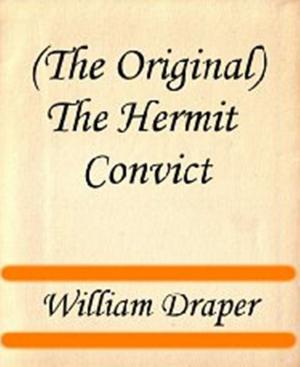| Author: | Robert Buchanan | ISBN: | 1230000144606 |
| Publisher: | WDS Publishing | Publication: | June 23, 2013 |
| Imprint: | Language: | English |
| Author: | Robert Buchanan |
| ISBN: | 1230000144606 |
| Publisher: | WDS Publishing |
| Publication: | June 23, 2013 |
| Imprint: | |
| Language: | English |
In issuing a new edition of "The Shadow of the Sword," my publishers have asked me to introduce it with a few lines of preface. This I do the more willingly, as it gives me an opportunity of thanking the Critics of the Newspaper Press of England for the generous way in which they have received this and my subsequent attempts in fiction.
"The Shadow of the Sword" is a polemic against War, against the institution which, above all others, is the disgrace and scourge of modern civilization. But what am I saying? I write this preface in the near neighbourhood of Shoeburyness, where our English artillerymen have been recently experimenting, at the expense of the public pocket and of the town windows, with the new 80-ton gun. I forget exactly how many pounds sterling every discharge of this cheerful invention costs the people of England, or how much they are mulcted for the experimental cannonade which takes place daily at Shoeburyness and other havens of unrest, made hideous for us by a quasi-military government. And I have before me as I write the beautiful wall-almanack for 1883, owned by the pious proprietors of a newspaper called the Christian Herald, and containing, together with portraits of leading divines, a picture of the hero of Egypt, Sir Garnet Wolseley. Other signs in every land convince me of the perfect condition of our boasted Christian civilization. It is cheering also to reflect that even Liberals have been impelled to adopt the programme of imperialism, and stimulate the enthusiasm of Egyptian bondholders by a glorious victory over helpless fellow-creatures in the East. The Bible, the sword, and the ambulance waggon are triumphant, and the religion of Christ prevails. Only one step further, surely, would be needed, to reach the Millennium; and that step would be taken if our rulers would only listen to the voice of Christian opinion, expressed in so many comfortable circles, and cicatrize the old wounds of refractory Ireland--with powder and shot!
But this subject, after all, is too sad a one to be sarcastic upon. I am face to face with the horrible truth that War is still a reality, and will be a reality so long as it is tolerated, under any circumstances or under any name, by the preachers of Christianity--among which preachers I include, as by far the most powerful, the members of the fourth estate. In the nineteenth century, War should be simply impossible. That it is possible is a proof of the failure of the Christian religion, so far, to enfranchise the world.
I have cast "The Shadow of the Sword" as a crumb upon the waters. It may do some good; it cannot by any possibility do any harm. The idea has been described as transcendental, like (to compare small things with great) the sublime ideas of the Founder of Christianity. It has been accepted, and praised without stint, by many, as an attack on Despotism in the person of the first Napoleon. I trust, however, that it is something more--an attack on War in the abstract, as the deadliest and most loathsome representation of the retrograde movement of modern political thought. Once more, "the time grows near the birth of Christ." The Holy Name will be murmured from a thousand pulpits, echoed by a million hearts; but Christ still sleeps, despite His promise to arise, and sad-eyed Science is telling us that He will never arise at all. Blocking the mouth of the Sepulchre lies now, instead of the old stone, a monstrous implement--the GATLING GUN!
ROBERT BUCHANAN.
SOUTHEND, Dec. 21 1882
In issuing a new edition of "The Shadow of the Sword," my publishers have asked me to introduce it with a few lines of preface. This I do the more willingly, as it gives me an opportunity of thanking the Critics of the Newspaper Press of England for the generous way in which they have received this and my subsequent attempts in fiction.
"The Shadow of the Sword" is a polemic against War, against the institution which, above all others, is the disgrace and scourge of modern civilization. But what am I saying? I write this preface in the near neighbourhood of Shoeburyness, where our English artillerymen have been recently experimenting, at the expense of the public pocket and of the town windows, with the new 80-ton gun. I forget exactly how many pounds sterling every discharge of this cheerful invention costs the people of England, or how much they are mulcted for the experimental cannonade which takes place daily at Shoeburyness and other havens of unrest, made hideous for us by a quasi-military government. And I have before me as I write the beautiful wall-almanack for 1883, owned by the pious proprietors of a newspaper called the Christian Herald, and containing, together with portraits of leading divines, a picture of the hero of Egypt, Sir Garnet Wolseley. Other signs in every land convince me of the perfect condition of our boasted Christian civilization. It is cheering also to reflect that even Liberals have been impelled to adopt the programme of imperialism, and stimulate the enthusiasm of Egyptian bondholders by a glorious victory over helpless fellow-creatures in the East. The Bible, the sword, and the ambulance waggon are triumphant, and the religion of Christ prevails. Only one step further, surely, would be needed, to reach the Millennium; and that step would be taken if our rulers would only listen to the voice of Christian opinion, expressed in so many comfortable circles, and cicatrize the old wounds of refractory Ireland--with powder and shot!
But this subject, after all, is too sad a one to be sarcastic upon. I am face to face with the horrible truth that War is still a reality, and will be a reality so long as it is tolerated, under any circumstances or under any name, by the preachers of Christianity--among which preachers I include, as by far the most powerful, the members of the fourth estate. In the nineteenth century, War should be simply impossible. That it is possible is a proof of the failure of the Christian religion, so far, to enfranchise the world.
I have cast "The Shadow of the Sword" as a crumb upon the waters. It may do some good; it cannot by any possibility do any harm. The idea has been described as transcendental, like (to compare small things with great) the sublime ideas of the Founder of Christianity. It has been accepted, and praised without stint, by many, as an attack on Despotism in the person of the first Napoleon. I trust, however, that it is something more--an attack on War in the abstract, as the deadliest and most loathsome representation of the retrograde movement of modern political thought. Once more, "the time grows near the birth of Christ." The Holy Name will be murmured from a thousand pulpits, echoed by a million hearts; but Christ still sleeps, despite His promise to arise, and sad-eyed Science is telling us that He will never arise at all. Blocking the mouth of the Sepulchre lies now, instead of the old stone, a monstrous implement--the GATLING GUN!
ROBERT BUCHANAN.
SOUTHEND, Dec. 21 1882
